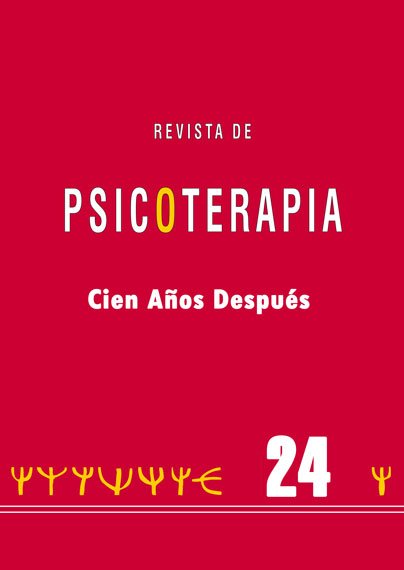Psychotherapy in a postmodern society.
DOI:
https://doi.org/10.33898/rdp.v6i24.1091Keywords:
psychotherapy, postmodernityAbstract
This paper explores the relationships between psychotherapy and postmodernism from the answer that the latter gives to four key issues: language, truth, the relevance of social context, and the marginalization of method. Following this postmodern discourse we will see its influence upon our understanding of psychopathology, of the patient or client we work with, and upon our therapeutic role and training. The paper will end with a brief explanation of a postmodern psychotherapy.
Downloads
Downloads
Published
How to Cite
Issue
Section
License
Authors who publish in this journal accept the following conditions:
-
Authors retain copyright and grant the journal the right of first publication, with the work registered under the Creative Commons CC-BY-NC 4.0 International license. This license allows third parties to cite the text and use it without alteration and for non-commercial purposes, provided they credit the authorship of the work and its first publication in this journal.
-
Authors may enter into other independent and additional contractual agreements for the non-exclusive distribution of the version of the article published in this journal (e.g., including it in an institutional repository or publishing it in a book), provided they clearly indicate that the work was first published in this journal.
-
The views expressed in the articles are solely the responsibility of the authors and in no case do they reflect the opinions or scientific policies of the journal.









